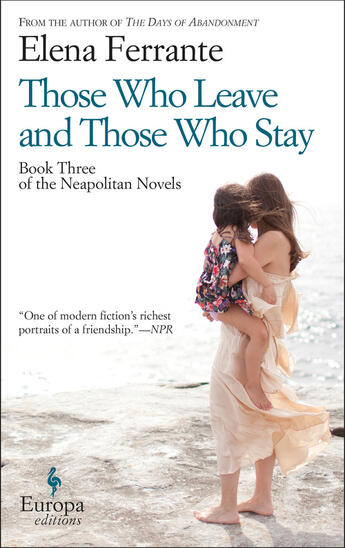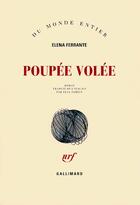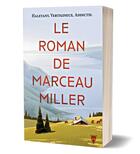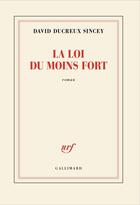-
Nombre de pages : (-)
-
Collection :
(-)
-
Genre :
(-)
-
Thème :
Non attribué
-
Prix littéraire(s) :
(-)
Résumé:
«Imagine if Jane Austen got angry & you'll have some idea of how explosive these works are" (John Freeman). Since the publication of My Brilliant Friend, Elena Ferrante has gained admirers among authors Jhumpa Lahiri, Elizabeth Strout, Claire Messud, to name a few and critics James Wood, John... Voir plus
«Imagine if Jane Austen got angry & you'll have some idea of how explosive these works are" (John Freeman). Since the publication of My Brilliant Friend, Elena Ferrante has gained admirers among authors Jhumpa Lahiri, Elizabeth Strout, Claire Messud, to name a few and critics James Wood, John Freeman, Eugenia Williamson, for example. But her most resounding success has been with readers, who have discovered in Ferrante a writer who speaks with great power and beauty of the mysteries of belonging, love, family, and friendship. In this third Neapolitan novel, Elena and Lila have become women. Both have attempted pushing against the walls of a prison that would have seen them living a life of misery, ignorance and submission. They are afloat on the great sea of opportunities that opened up during the nineteen-seventies. Yet they are still very much bound to each other by a strong, unbreakable bond.
Donner votre avis















